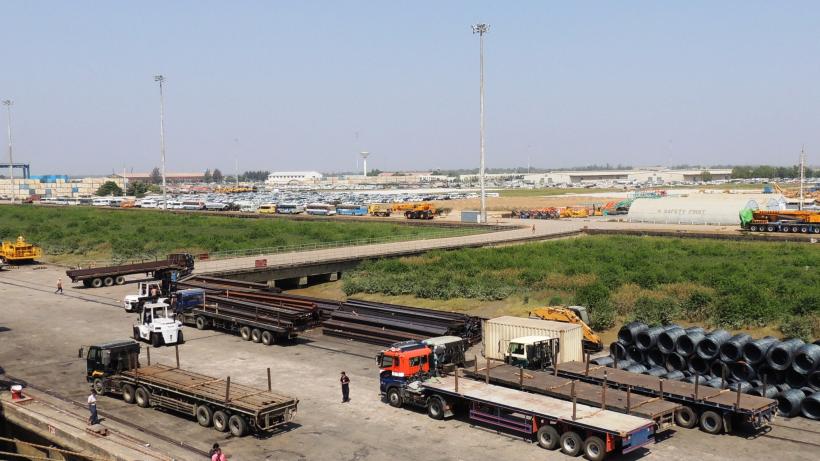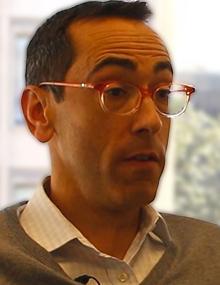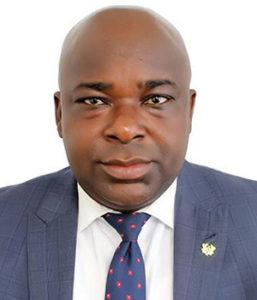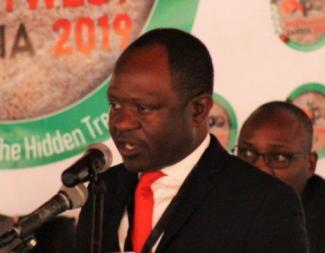
Special Economic Zones: Can they create jobs and grow the economy?
-
Workshop programme
PDF document • 207.23 KB
A special economic zone, or SEZ, can be defined as ‘a region within a country that has a different set of regulations designed to increase production’. SEZ’s have become a popular instrument to achieve certain developmental ends after the successes achieved in particular by Taiwan, Mauritius and China. Within otherwise fragile economic areas, in particular, they can provide a spatially concentrated productive area, with the adequate infrastructure, human capital and suppliers that investors seek. A well-executed SEZ can also generate spill-overs to the rest of the economy in terms of skills, training and value chain expansion.
Many of those who sought to emulate these successes in the 1990s and 2000s failed to achieve their goals. The roundtable will explore the more recent performance of SEZs across the world, with the goal of assessing drivers that cause an SEZ to succeed or fail. The crucial issue is: given rapid technological advancements and the continued under-development of Africa’s supply chains, how different should modern African SEZ’s look from those of the past?
The broad issues the event will tackle are:
- Is Africa too late for a manufacturing-led path to growth?
- What kinds of SEZs have been the most effective?
- What policy and institutional framework has worked best to produce successful SEZ’s?
- What is the role of the private and the public sector in managing SEZs and attracting investment?
- How can one ensure dynamic benefits of SEZ’s i.e. the creation of linkages with the wider economy and suppliers?
- Why do most SEZs fail?
When: 9:00 AM - 5:00 PM (SAST), Thursday, 14 November 2019
Where: Centre for Development and Enterprise, 5 Eton Road, Parktown, Johannesburg










